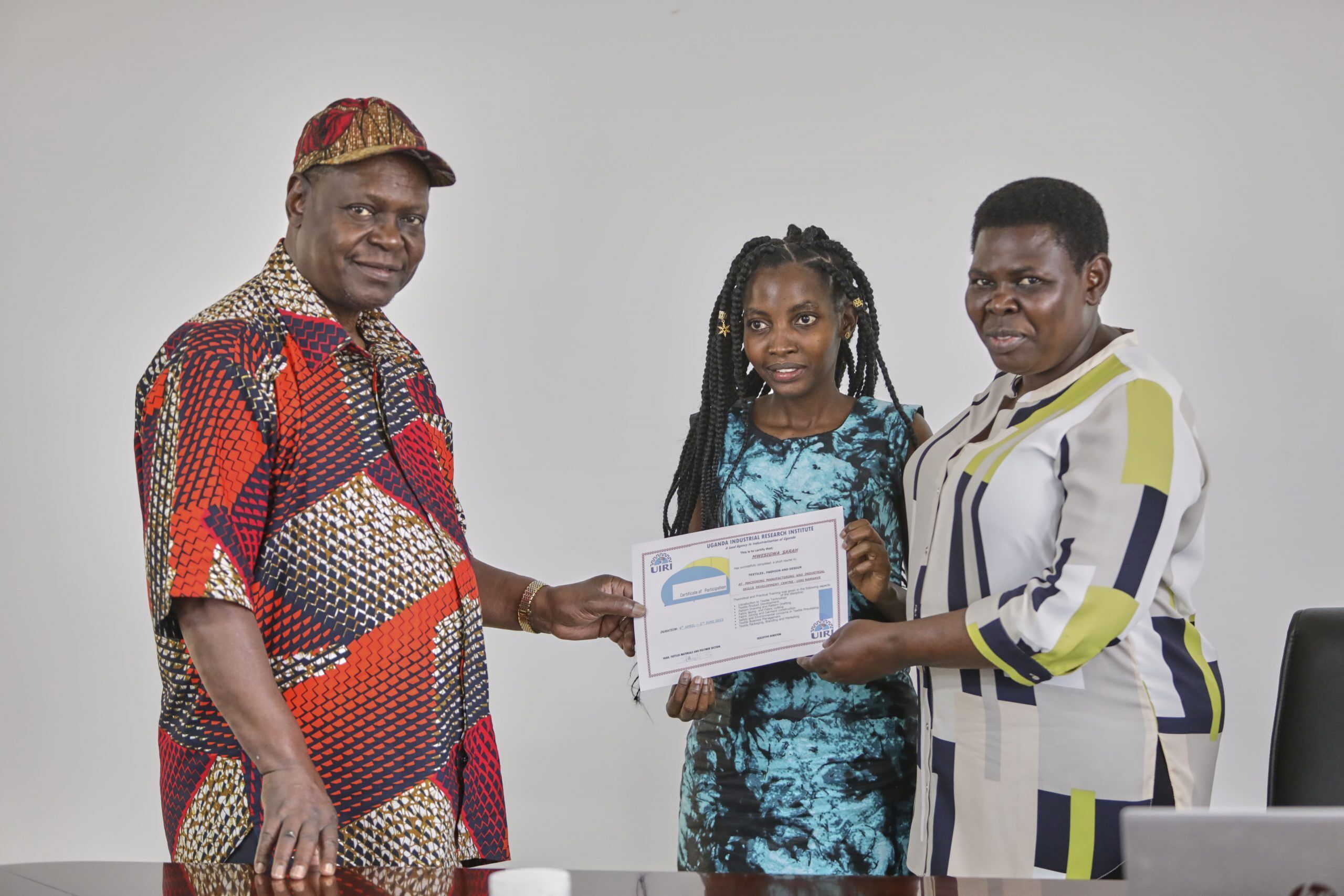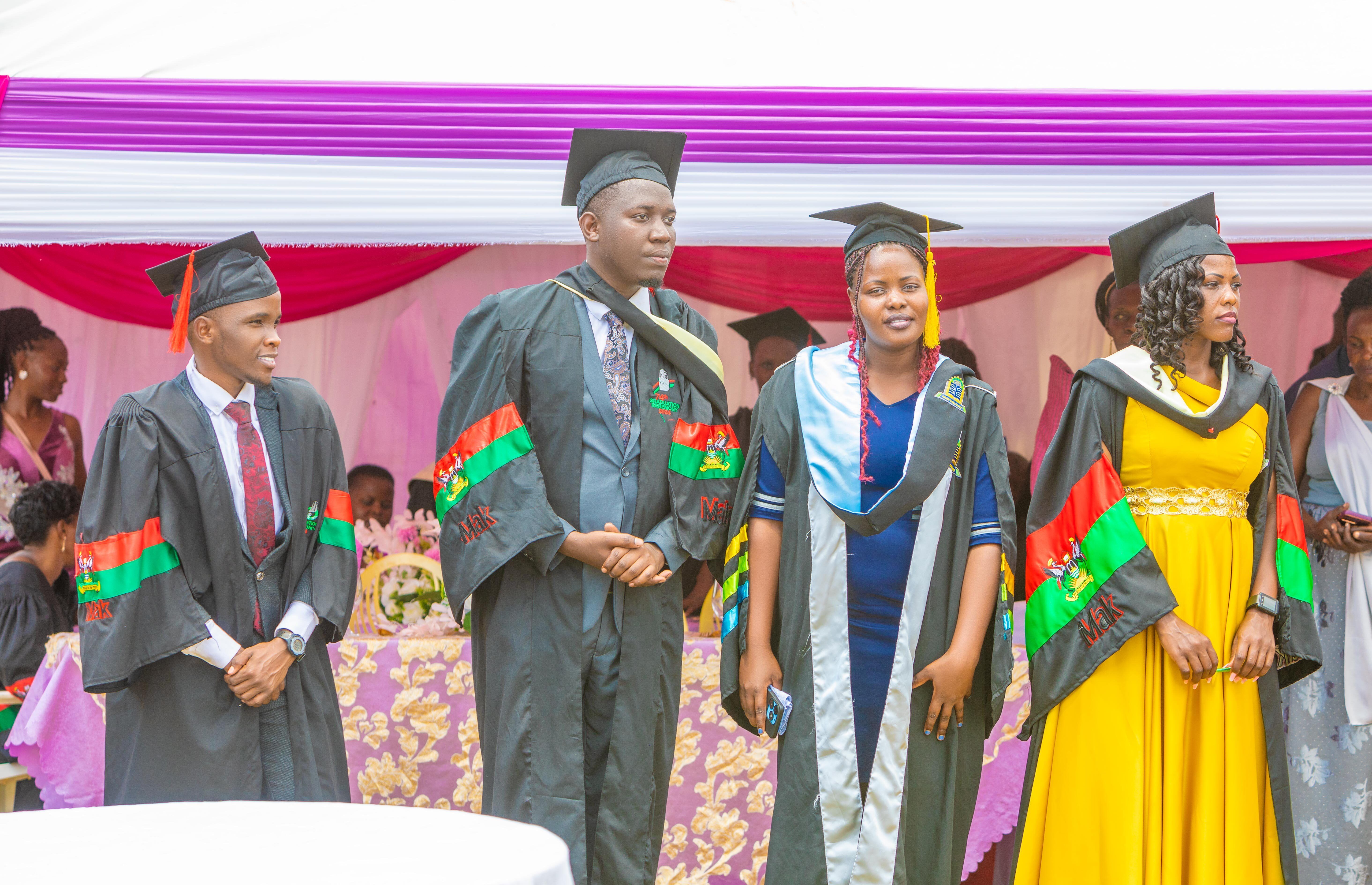
Introduction
Young people are the future. They are our hope for the future, and they deserve to be recognized as such. But despite this truth, many young people around the world live in communities where they have little access to resources and opportunities. Whether due to poverty or social stigma, young people are often left out of decisions that will shape their lives forever. This is why it’s so important for us adults in these communities (especially those who work with youth) to act on behalf of our young people by improving their access to education and employment opportunities—and increasing awareness about gender inequalities that affect them as well!
Advocate for young people’s rights to education, employment and civic engagement.
Educating and employing young people is one of the most effective ways to empower them. However, there are many barriers that prevent these rights from being achieved: stigma associated with being a young person; lack of support for education or employment; lack of safe spaces to learn, grow and share ideas; limited access to job training programs; discrimination based on race, gender identity during the hiring process; lack of transportation – especially in rural areas – which can make it difficult for youth who live far from their schools or where they work to get there on time each day; high dropout rates among at-risk youth who need help staying in school but don’t have someone advocating for them (often because no one has ever asked); lack of affordable housing options so families don’t have stable homes where children can be safe while they go off into the world after high school graduation…
Increase awareness of social norms that negatively impact young people.
It is important to increase awareness of the social norms that negatively impact young people. The following steps can be taken to support young people who are excluded from social norms, or struggling with them:
- Increase awareness of the negative impact of social norms on young people. This includes educating adults and other community members about the negative impact that these norms have on young people (e.g., how they may feel excluded, marginalized). By increasing awareness, adults can help support and provide resources for young people who may be experiencing difficulties related to these issues (e.g., bullying).
Work to reduce stigma against young people.
Stigma is a barrier to access to health services. Young people often do not seek help when they need it because of the stigma associated with being young, being in trouble and feeling bad about yourself. Stigma can prevent young people from seeking help when they need it.
Stigma can lead to discrimination. Young people are often discriminated against because of their age and this can include teachers treating pupils differently because of their age or bullying other students because someone looks like they might be “young” or “old” even if that person isn’t actually under 16 years old.
Stigma leads to violence against young people – whether it’s physical or verbal abuse such as name-calling or cyberbullying, there is always an underlying fear that comes with being considered ‘different/weird’ just because you’re older than most teenagers!
Support positive peer-to-peer interaction between youth organizations and institutions.
Cultural institutions in your community can support young people to be leaders in their community by offering them opportunities to do good work. Youth organizations also play a critical role in supporting positive peer-to-peer interaction between youth and adults. When young people are given the opportunity to explore their passions, they are more likely to feel connected with others, which builds self-esteem and confidence. This helps them become active participants in our society instead of passive observers. YMCA programs offer a safe place for youth who want to get involved while learning important life skills such as teamwork, problem solving, goal setting and self-discipline that will serve them well beyond their time on the swim team or at Camp YMCA!
Young people can lead when given the right support!
Youth leadership is an important part of the community. Youth leaders are people who have a high level of skill and knowledge, are connected to the community, and have a record of success in their work. Community engagement is also essential for youth development, as it helps young people build skills that will help them succeed later on (like leadership).
Young people can lead when given the right support!
1. Provide a safe environment
Safety is essential to youth.
It isn’t just physical safety that matters, but also emotional safety.
Safety means a child can feel comfortable and be able to learn new things without feeling judged or intimidated by their peers.
If you want your community to be a great place for all young people, then it’s important you provide a safe environment for them where they can thrive and grow.
2. Give youth a voice
- Give youth a voice by listening to them.
- Give youth a voice by allowing them to have a say in decisions that affect them.
- Give youth a voice by encouraging them to speak up.
- Give youth a voice by promoting their opinions and perspectives in the community, such as through social media platforms and local newspapers.
3. Include youth in community-wide activities
When you think of your community, do you picture somebody in their thirties or forties? If so, it’s time to change your perspective. There are a lot of people who are probably younger than you are and could be doing valuable things to improve the quality of life in your area. They’re just waiting for somebody like you to give them a chance!
If there’s something going on in your town that could benefit from more involvement from the younger generation, try inviting some local youth out by organizing an event that encourages them to participate. It doesn’t matter if it’s something as simple as offering snacks at an adult meeting or volunteering with kids at the library; any chance for youth who feel isolated and overlooked by their peers will help them see what they have to offer society as whole–and themselves!
4. Offer role models
How to: Identify and engage with local role models in the community.
Ask your youth what they want to be when they grow up, and find out who are the people in their lives that inspire them and make them want to achieve greatness. What do they admire? Who do they look up to? Who do they want to be like? If a young person doesn’t have any local role models, go outside of your community for inspiration! This could mean connecting with students from other countries or states that have already done great things with their lives.
5. Ensure that young people have access to family health services and reproductive health education
- Ensure that young people have access to family health services and reproductive health education.
Young people need access to family health services, including well-child care, immunizations and nutrition counseling. Young people also need access to reproductive health education and sexuality education programs in school curricula that teach about responsible decision making in relation to sexual activity, as well as family planning services including contraception information and support for pregnant adolescents.
You can empower your young people today!
There are many ways you can empower your young people today. You can start by listening to them, giving them a voice and including them in community activities. You can also provide a safe environment for them to be themselves and show that it’s okay to make mistakes or not know everything about the world.
Conclusion
By taking the steps outlined above, your community can empower young people. By engaging with youth and providing them with opportunities to lead, you can help them make positive changes in their lives and in the world around them.


